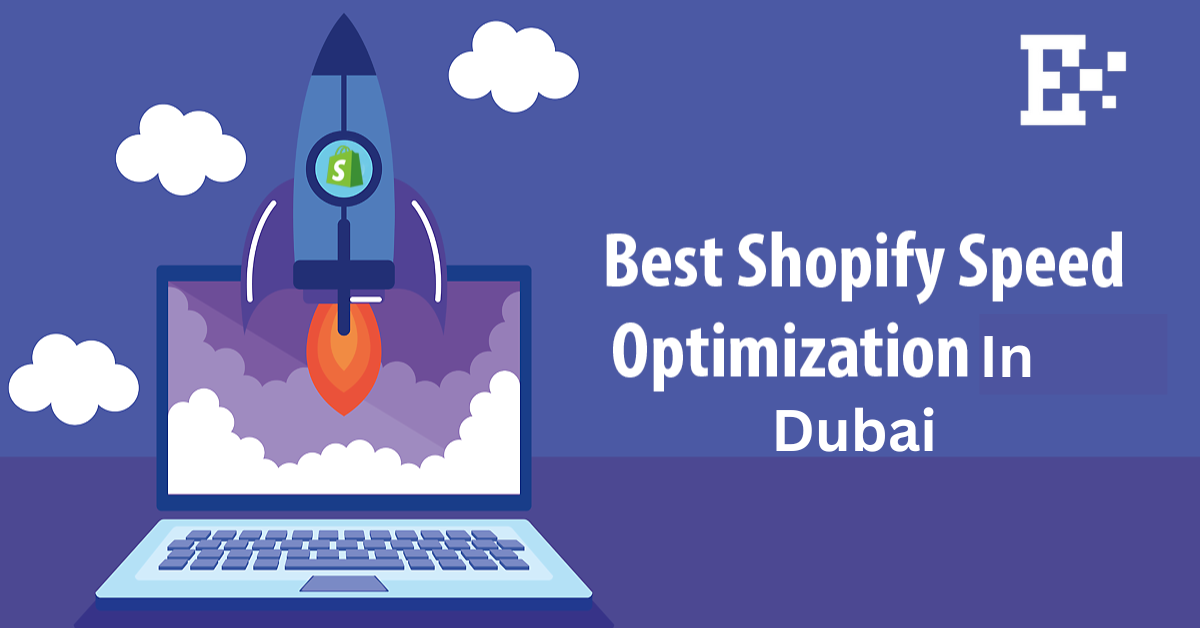Optimizing product pages for search engines can be the difference between booming sales and stagnant growth. Effective SEO not only enhances visibility but also attracts high-intent traffic, leading to increased conversions. This article delves into how to optimize e-commerce product pages to drive more sales.
The Importance of Keyword Research
Understanding Search Intent
Before diving into on-page optimization, it’s crucial to understand the search intent behind potential customers’ queries. Are they looking for information, comparison, or ready to make a purchase? Tailoring your content to meet these intents can significantly improve engagement and conversion rates.
Long-Tail Keywords
Focusing on long-tail keywords is vital for capturing niche markets. These keywords typically have lower search volume but higher conversion rates because they cater to specific search intents. Tools like Google Keyword Planner and Ahrefs can help identify these valuable keywords.
On-Page Optimization
Crafting Compelling Product Titles
Product titles are the first thing users and search engines see. Incorporate primary keywords naturally while ensuring the title is engaging and descriptive. For example, instead of “Running Shoes,” use “Lightweight Running Shoes for Marathon Training.”
Detailed Product Descriptions
High-quality product descriptions are essential for SEO. Use natural language to describe the product’s features, benefits, and uses. Incorporate secondary keywords and related terms, but avoid keyword stuffing. Aim for readability and informativeness.
Optimizing Images
Images play a crucial role in e-commerce. Optimize them by using descriptive file names and adding alt text that includes relevant keywords. Compress images to ensure fast loading times, as site speed is a critical ranking factor.
Technical SEO Aspects
Mobile Optimization
With the increasing use of mobile devices for online shopping, ensuring your product pages are mobile-friendly is imperative. Use responsive design and test your pages across various devices to guarantee a seamless user experience.
Structured Data
Implementing structured data (schema markup) helps search engines understand your product pages better. This can lead to rich snippets, which improve click-through rates. Use JSON-LD format for adding schema markup for products, including details like price, availability, and reviews.
Enhancing User Experience
Easy Navigation
A well-structured website with intuitive navigation keeps users engaged. Use clear categories and subcategories to help users find products easily. Breadcrumbs can also improve navigation and SEO by providing clear pathways.
User Reviews and Ratings
Encouraging customer reviews adds fresh content to your product pages and builds trust. Positive reviews can significantly impact purchasing decisions and improve rankings. Respond to reviews to show that you value customer feedback.
Link Building Strategies
Internal Linking
Internal linking helps distribute page authority and improves user experience by guiding visitors to related products or categories. Use descriptive anchor text for internal links to enhance SEO value.
External Backlinks
Acquiring backlinks from reputable websites boosts your site’s authority. Engage in guest posting, influencer collaborations, and partnerships with industry blogs to build a strong backlink profile.
Monitoring and Adjusting Strategies
Analytics and Performance Tracking
Regularly monitor your SEO efforts using tools like Google Analytics and Google Search Console. Track key metrics such as organic traffic, bounce rate, and conversion rate. Analyze this data to identify areas for improvement and adjust your strategies accordingly.
A/B Testing
Implement A/B testing to evaluate changes on your product pages. Test different titles, descriptions, images, and layouts to determine what resonates best with your audience and drives more sales.
Conclusion
Optimizing e-commerce product pages for SEO is an ongoing process that requires a deep understanding of search intent, meticulous on-page optimization, attention to technical details, and a focus on user experience. By implementing these strategies with help from specialists like Elevate UK, e-commerce businesses can significantly enhance their online visibility, attract high-quality traffic, and drive more sales. Stay updated with SEO trends and continuously refine your tactics to maintain that competitive edge in the dynamic digital marketplace.






